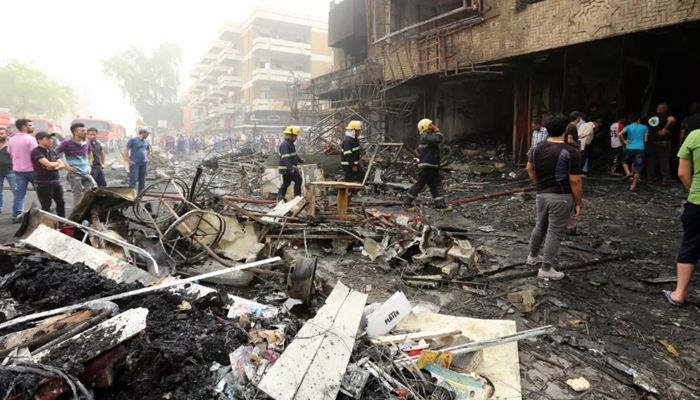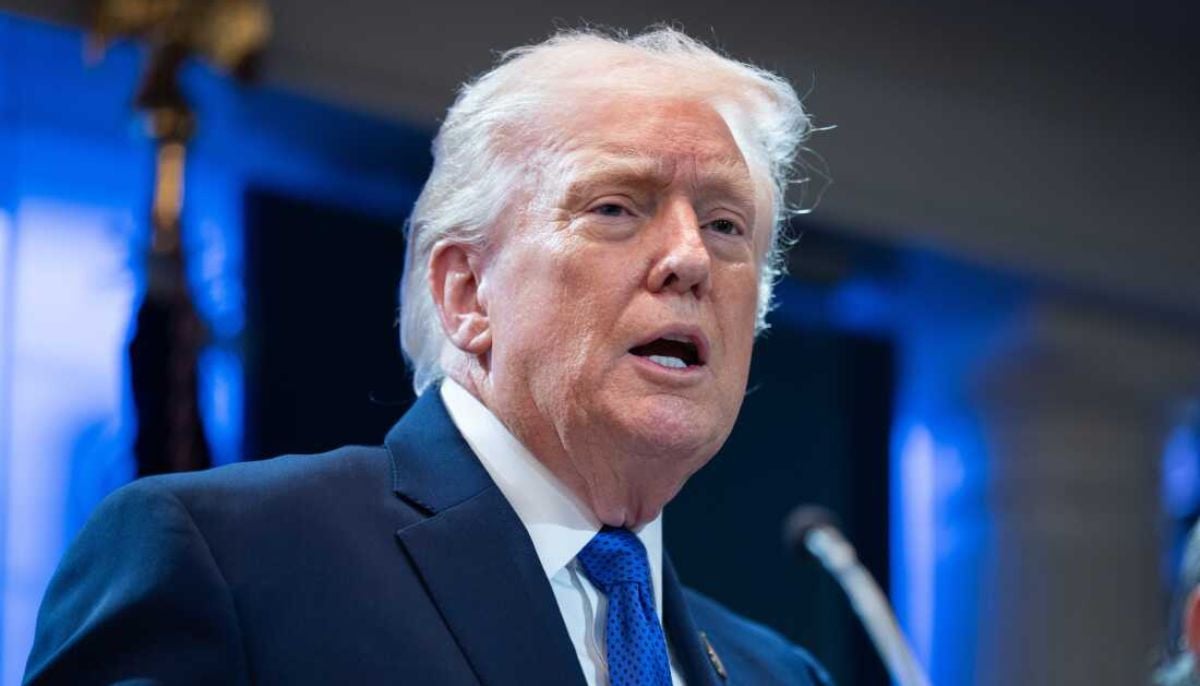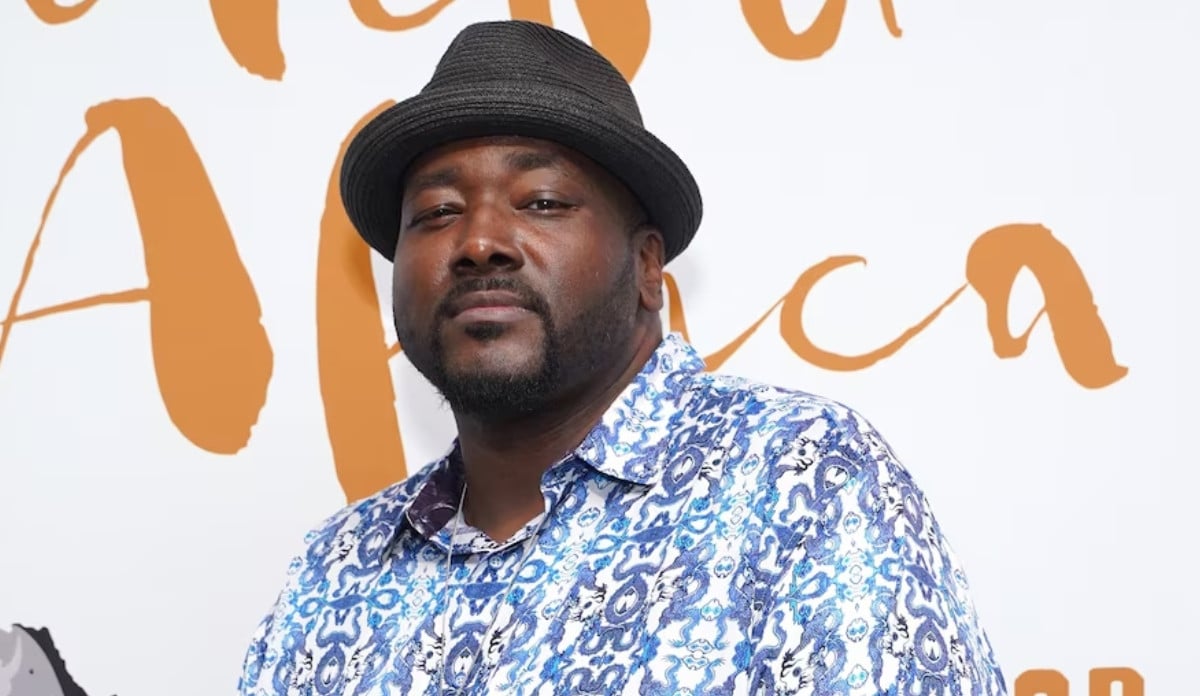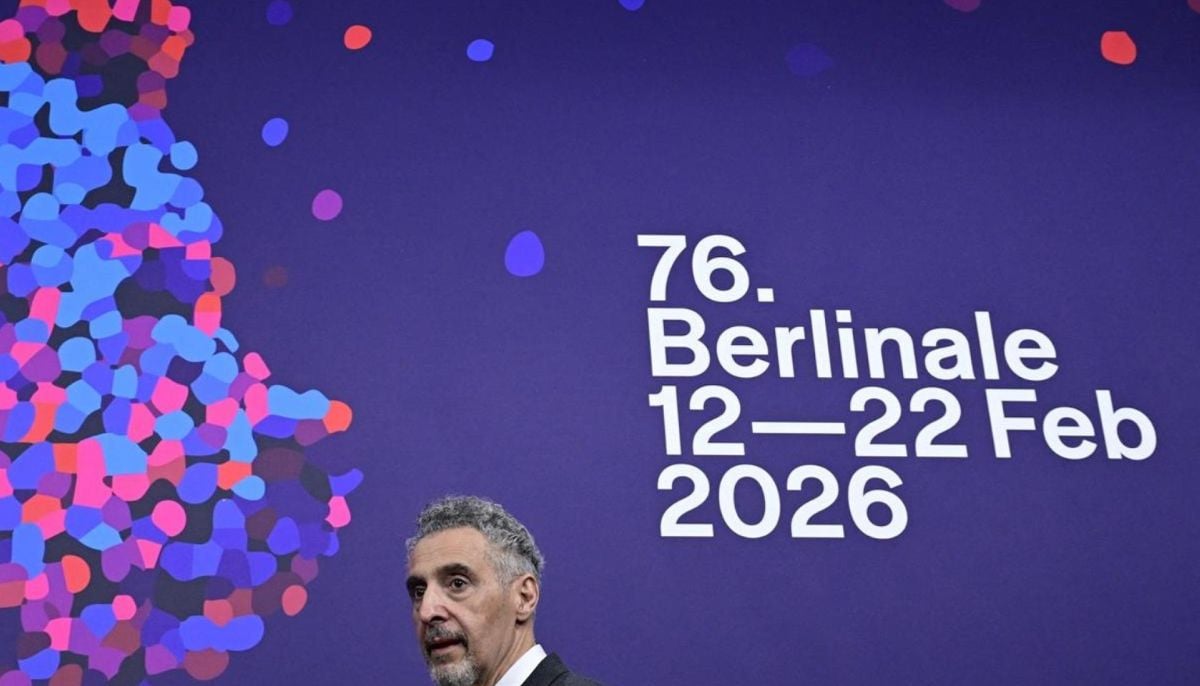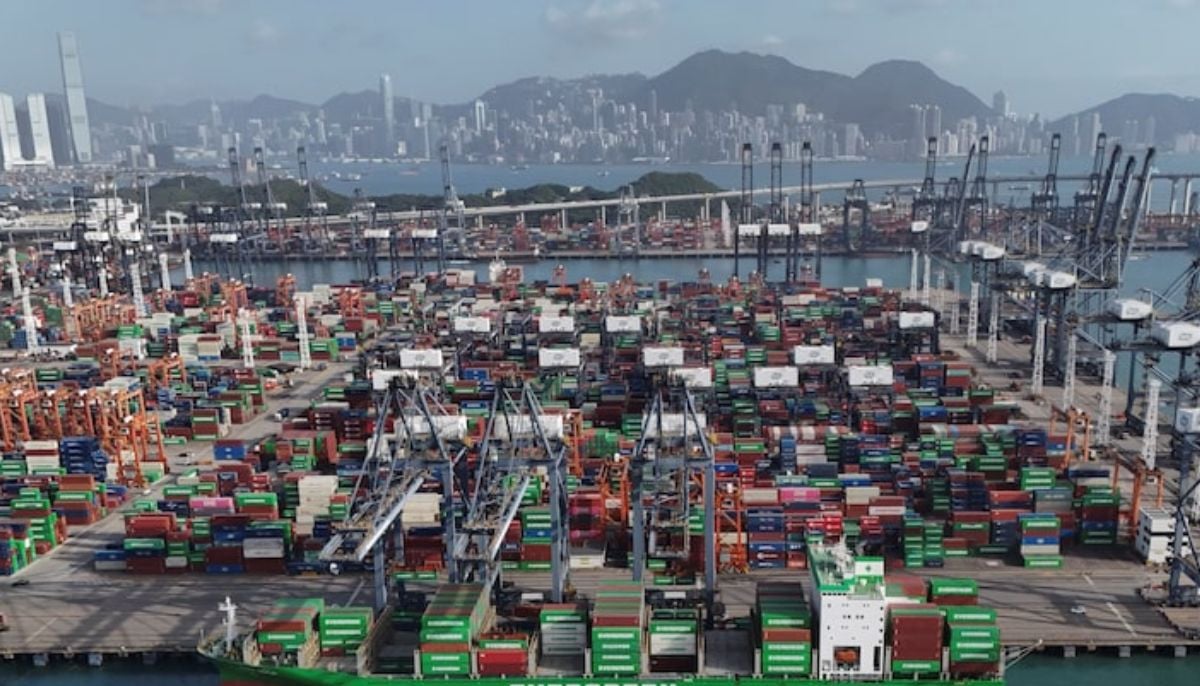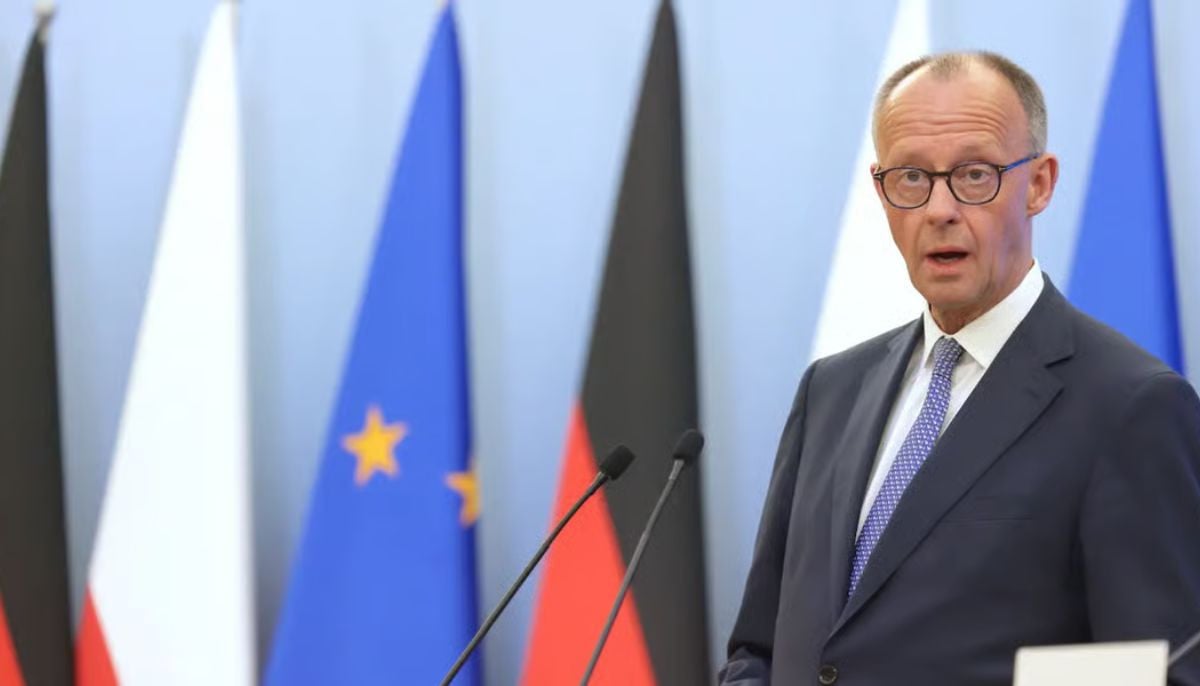Iraq market blast kills at least 21, injures 33: medical source
Blast in the densely-populated suburb of Sadr City came as shoppers crowded market buying food ahead of Eidul Adha
At least 21 people were killed and 33 wounded Monday as a bomb exploded in a busy market in the Iraqi capital of Baghdad, a medical source told AFP.
The blast in the densely-populated suburb of Sadr City came as shoppers crowded the market buying food ahead of the Islamic festival of Eidul Adha.
Video footage shared on social media after the blast showed bloodied victims and people screaming in terror.
An interior ministry source said four women and four children were among those killed.
"A terror attack using a locally-made IED (improvised explosive device) in Woheilat Market in Sadr City, in east Baghdad, left several victims dead and others injured," Iraq's interior ministry said in a statement.
There was no immediate claim of responsibility.
Baghdad Operations Command, a joint military and interior ministry security body, said it had launched an investigation into the blast.
In January, Daesh claimed responsibility for a rare twin suicide bombing that killed 32 people — also at a crowded market in Baghdad.
That blast was the city's deadliest attack in three years.
Such violence was commonplace in Baghdad during the sectarian bloodletting that followed the US-led invasion of 2003, and later on as Daesh swept across much of Iraq and also targeted the capital.
But after years of deadly violence, militant attacks have become relatively rare in the capital Baghdad.
Iraq declared Daesh defeated at the end of 2017 after a fierce three-year campaign.
Yet the group's sleeper cells have continued to operate in desert and mountain areas, typically targeting security forces or state infrastructure with low casualty attacks.
The US-led coalition that had been supporting Iraq's campaign against Daesh has significantly drawn down its troop levels over the past year, citing the increased capabilities of Iraqi forces.
The United States, which provides the bulk of the force, has 2,500 troops left in Iraq — down from 5,200 a year ago.
They are mainly in charge of training, providing drone surveillance and carrying out air strikes while Iraqi security forces handle security in urban areas.
-
Inside Nicole 'Snooki' Polizzi's 'private' marriage with husband Jionni LaValle amid health scare
-
Germany’s ruling coalition backs social media ban for children under 14
-
Quinton Aaron reveals why he does not want to speak to wife Margarita ever again
-
Why Mikaela Shiffrin celebrated Olympic Gold with Taylor Swift song?
-
Political tensions steal spotlight at Berlin Film Festival closing ceremony
-
Hong Kong touts stability,unique trade advantages as Trump’s global tariff sparks market volatility
-
Friedrich Merz heads to China for high stakes talks in an effort to reset strained trade relations
-
Nvidia CEO praises Elon Musk, calls him an ‘extraordinary engineer'
